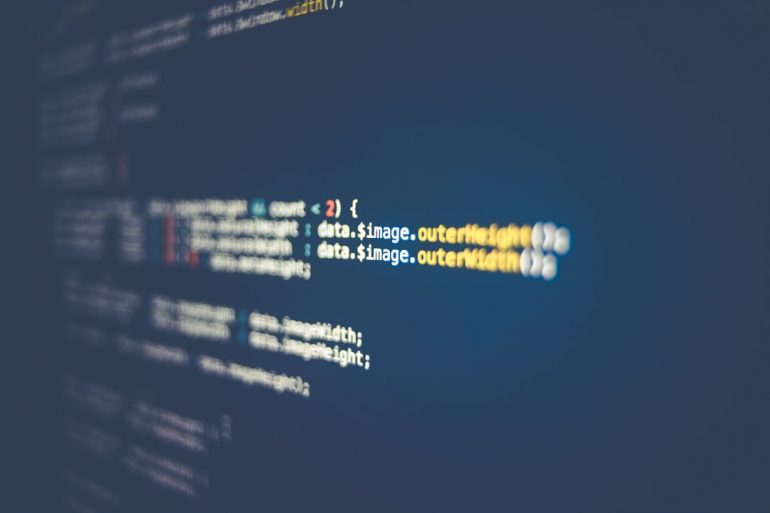Private AI, a startup that redacts sensitive information from texts, has secured a $10.7 million CAD ($8 million USD) Series A round to develop a new self-serve platform and refine its product.
The startup uses artificial intelligence (AI) to detect, redact, and replace personal data in order to keep it safe.
“Businesses are sitting on unprecedented amounts of data, which advances in AI could finally help them leverage.”
BDC Capital led the latest round of funding, with participation from new investors GIT1K, and Panda Angel Partners. Existing investors Microsoft’s Venture Fund (M12), Differential Ventures, Forum Ventures, Shasta Ventures, and Parliament Angels (made up of a group of early Twilio employees) also participated in the round. The round closed on November 1.
“Private AI exists in a data-driven world where information is the most valuable currency,” said Michelle Scarborough, managing partner, Thrive Venture Fund at BDC Capital. “We are excited to support Private AI’s mission to empower businesses to harness the full value of their data – creating the highly personalized experiences customers expect – while respecting their privacy.”
Private AI is one of the first startups BDC’s Thrive Venture Fund has invested in. The $500 million fund was launched in September with a mandate to support women entrepreneurs and investors across the country.
Patricia Thaine, Private AI’s CEO, told BetaKit the new funding will be instrumental in further developing the startup’s AI product, driving expansion into the European market, and aiding in the creation of developer-focused, scaleable products.
This is Private AI’s third funding round. The firm previously received $300,000 in pre-seed funding in June 2020 from Differential and Forum (then known as Acceleprise), and then closed a $3.15 seed round in 2021. The latter included investment from astronaut Chris Hadfield.
“Businesses are sitting on unprecedented amounts of data, which advances in AI could finally help them leverage,” Thaine said. “But there’s a major hurdle: data protection regulations and user privacy implications.”
Thaine said the startup’s AI-powered solution removes those barriers by eliminating personal information from text, images, documents, audio, and video, “therefore allowing companies to unlock the value of their data while safeguarding customer trust.”
Compromised personal data can lead to hefty fines as well as substantial damage to company reputations. Instagram was recently fined more than $400 million by Ireland’s data privacy regulator over the company’s handling of children’s data.
“While it’s important to a company to be able to leverage the value of their data, the protection of personal data is a core component of complying with most data protection regulations,” said Thaine.
RELATED: Ten years after revolutionary Geoffrey Hinton paper, AI headed towards new era of regulation
Private AI’s privacy layer also plays a significant role in cybersecurity. “With our solution, even when a data breach happens, all unnecessary personal data is identified and removed. That way, it is no longer there for bad actors to discover,” said Pieter Luitjens, Private AI co-founder and CTO.
Private AI began in 2017 with a different idea related to natural language processing. The original idea was to enable searches of encrypted data, but without having to type in every keyword. However, Thaine said that even though a couple of financial institutions were interested in the idea, it wasn’t going to scale to the degree Private AI wanted.
The startup pivoted by 2019 and saw a gap where developers lacked an easy way to integrate privacy into their software. “That’s what we set out to solve,” Thaine said.
Along with Thaine and Luitjens, Gerald Penn (the startup’s former chief science officer) helped found Private AI. Thaine and Luitjens hold Master’s degrees in computer science and engineering, respectively, from the University of Toronto. Penn is a professor of computer science at the University of Toronto.
Headquartered in Toronto, Private AI currently has 25 staff across Canada, Germany, India, Portugal, and the United Kingdom.
Private AI claims its solution detects, redacts and replaces over 50 types of personal data in over 47 languages. “We have built a privacy layer for software that can easily integrate into any environment with just three lines of code,” said Thaine. “We are expanding it for all types of data across all use cases.”


